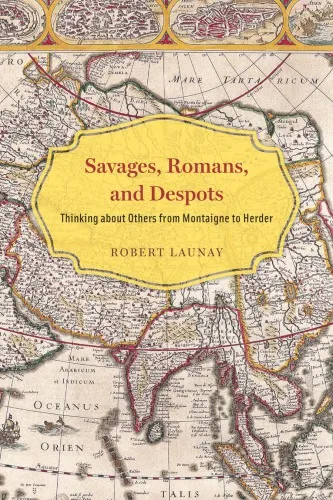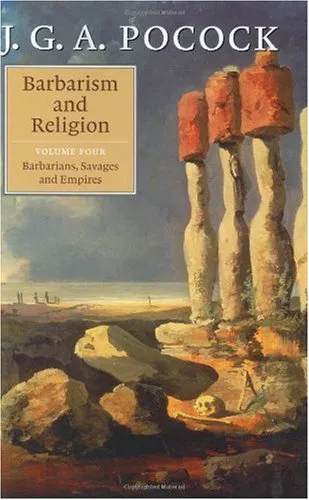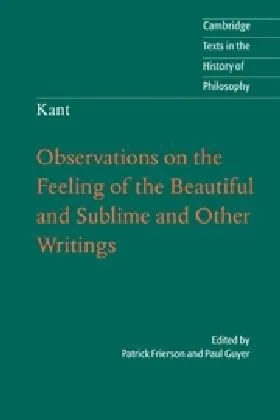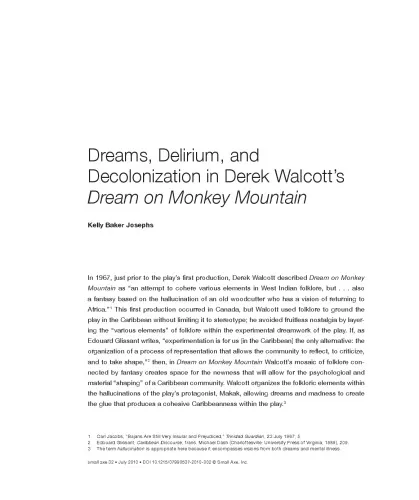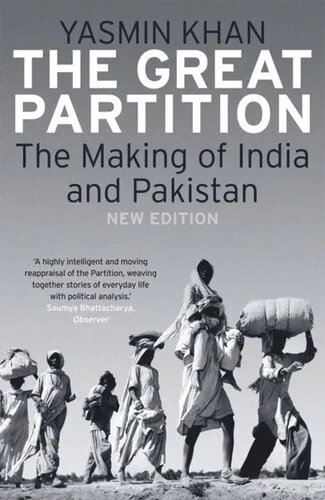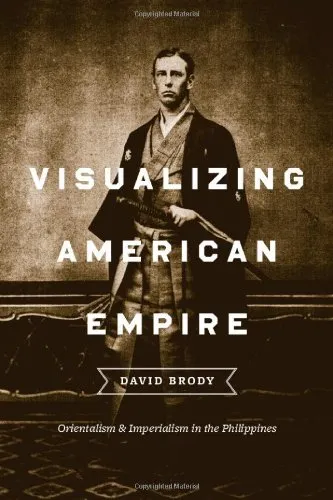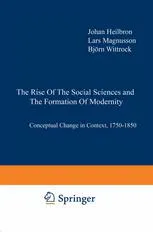Savages, Romans, and Despots: Thinking about Others from Montaigne to Herder
4.3
Reviews from our users

You Can Ask your questions from this book's AI after Login
Each download or ask from book AI costs 2 points. To earn more free points, please visit the Points Guide Page and complete some valuable actions.Related Refrences:
Introduction to "Savages, Romans, and Despots: Thinking about Others from Montaigne to Herder"
"Savages, Romans, and Despots: Thinking about Others from Montaigne to Herder" delves into the evolution of European thought concerning other cultures during the early modern period. This rich analysis spotlightes how diverse intellectual discourses are rooted in cross-cultural encounters, reflecting the complex interplay between observation, documentation, and ideology.
Detailed Summary of the Book
At the heart of this book lies an exploration of conceptual frameworks used by European philosophers from the late 16th century to the late 18th century—a transformative epoch marked by European expansion, colonization, and burgeoning interest in global diversity. The text connects thinkers like Montaigne, Rousseau, and Herder, conceptualizing their work within a larger narrative of cultural encounter and exchange.
Starting with Michel de Montaigne, the French Renaissance philosopher known for his skeptical approach to European cultural superiority, the book investigates how he used the concept of the "savage" as a mirror to expose the moral and cultural deficiencies of Europe. The narrative proceeds through various intellectual figures and schools of thought, illustrating how philosophical inquiries and moral judgments about distant peoples often reveal more about the observers than the observed.
Through a chronological journey from Montaigne’s "Essays" to the burgeoning ideas of Enlightenment thinkers like Rousseau and Kant, and culminating in Herder's relativistic stance, the book encapsulates a significant shift—from a Eurocentric to a more relativistic appreciation of cultural differences. Herder, often considered a father of cultural relativism, argued for a dynamic understanding of human cultures, suggesting each had intrinsic value and should be understood on its own terms.
Key Takeaways
- The evolution of European thought from dogmatic cultural superiority to a more nuanced understanding of cultural relativism.
- The influence of cross-cultural encounters on European philosophical thought.
- The role of prominent thinkers and their literary works in shaping notions of the "other".
- An interrogation of how judgments about other societies often reflect the values and prejudices of observers.
Famous Quotes from the Book
"Montaigne challenged the prejudices of his day by confronting Europeans with the gulf between their self-perception and the reality of their actions."
"Herder’s perspective calls for an appreciation of cultural specificity and a rejection of universalist pretensions."
Why This Book Matters
"Savages, Romans, and Despots" is not just a history lesson in philosophical thought; it’s a critique of how the history of ideas continues to affect contemporary discourses on cultural diversity and relativism. By examining the past, the book prompts current scholars and society at large to be reflective and critical of ongoing narratives surrounding globalization, identity politics, and postcolonial thought.
This work’s relevance extends beyond academia, appealing to anyone interested in the philosophical challenges of understanding cultural otherness. It provides an intellectual framework for reading historical texts and understanding the evolution of cultural thought that continues to shape our world.
Free Direct Download
You Can Download this book after Login
Accessing books through legal platforms and public libraries not only supports the rights of authors and publishers but also contributes to the sustainability of reading culture. Before downloading, please take a moment to consider these options.
Find this book on other platforms:
WorldCat helps you find books in libraries worldwide.
See ratings, reviews, and discussions on Goodreads.
Find and buy rare or used books on AbeBooks.
1360
بازدید4.3
امتیاز0
نظر98%
رضایتReviews:
4.3
Based on 0 users review
Questions & Answers
Ask questions about this book or help others by answering
No questions yet. Be the first to ask!
